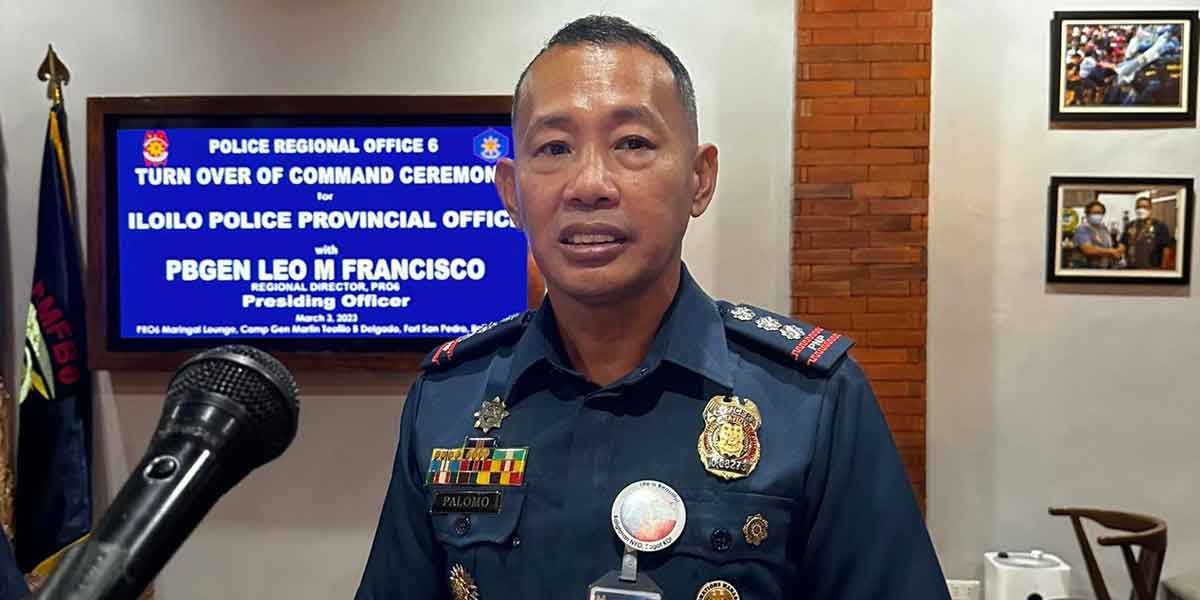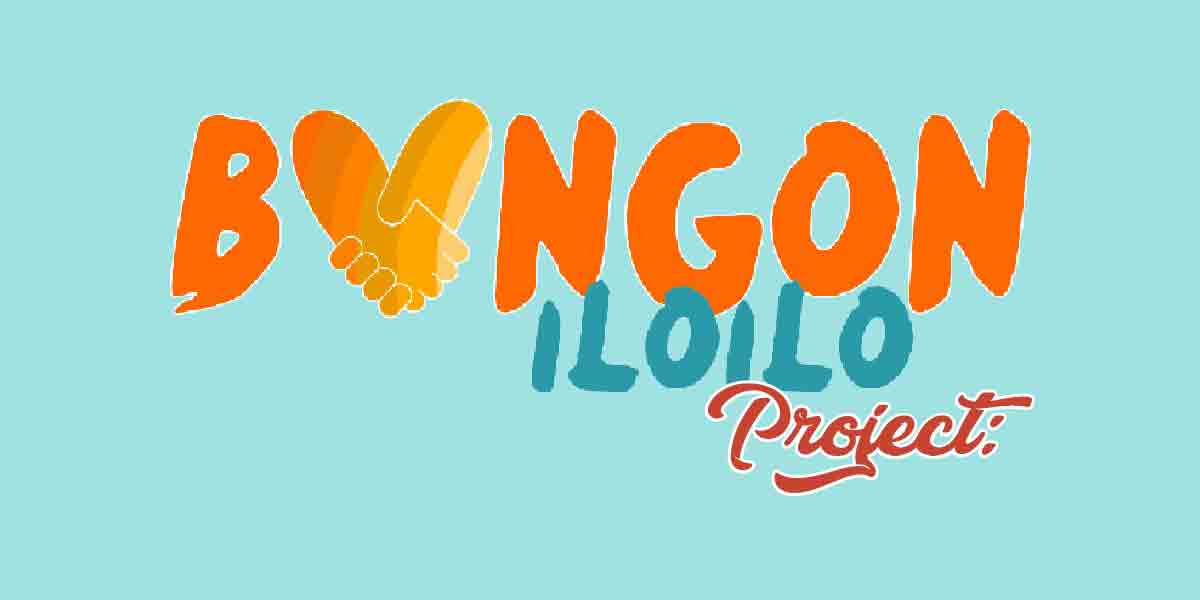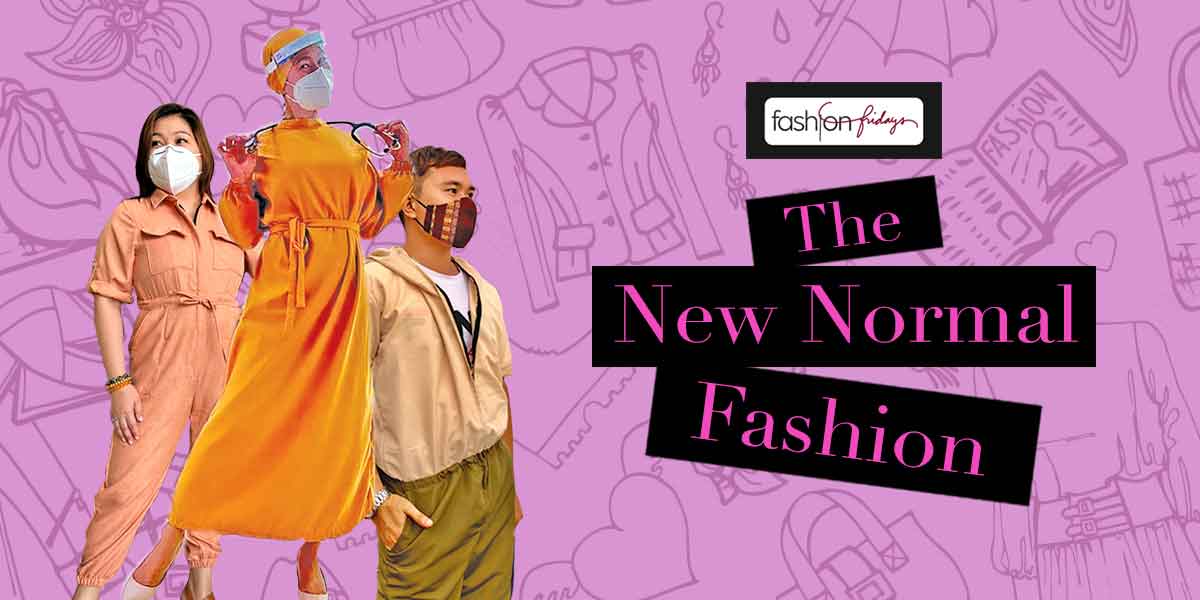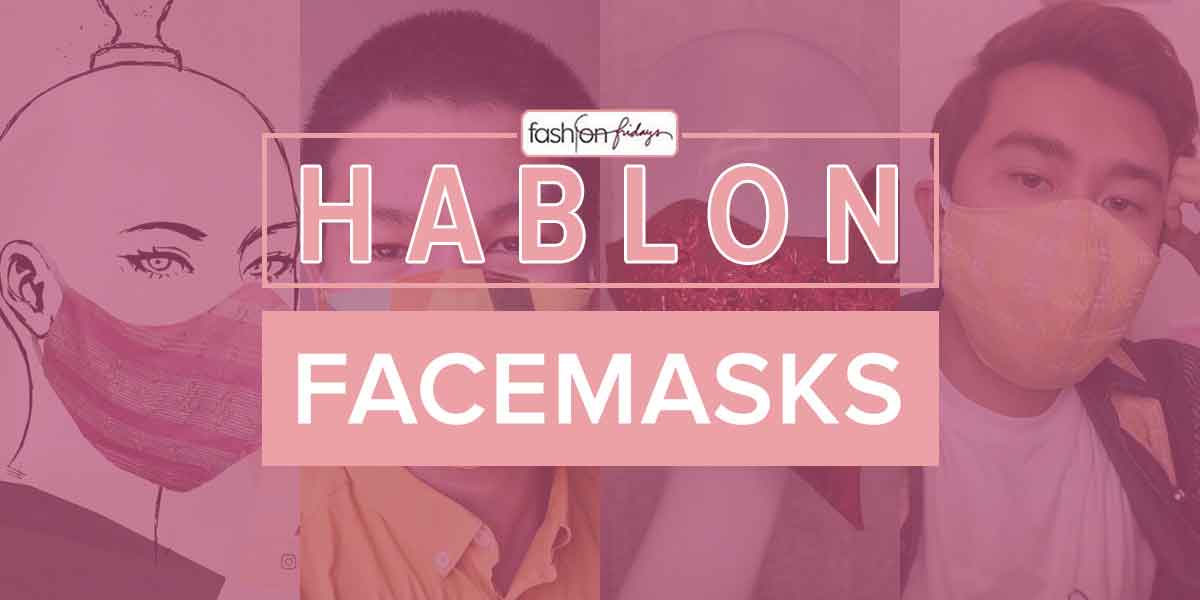By: Al Restar, Zero Day
 In recent years, Facebook has not only become the most popular social media platform where friends and family can connect, but it has also become the most potent source of information – legitimate or not. The advent of social media has made it easy for people who have bad intentions to proliferate fake news and disinformation, especially to people who don’t have access to the truth. Because of this, many advocacy groups have called on the attention of Facebook and other tech giants like Google to do their part in curbing disinformation campaigns.
In recent years, Facebook has not only become the most popular social media platform where friends and family can connect, but it has also become the most potent source of information – legitimate or not. The advent of social media has made it easy for people who have bad intentions to proliferate fake news and disinformation, especially to people who don’t have access to the truth. Because of this, many advocacy groups have called on the attention of Facebook and other tech giants like Google to do their part in curbing disinformation campaigns.
Fake news and disinformation have the power to shape public opinion into believing something that goes against science and the truth. For example, the recent global outbreak of measles this year is widely attributed to the proliferation of anti-vaxxer content in different social media platforms, especially Facebook. The proliferation of disinformation regarding vaccines is one of the reasons why many parents refuse to have their children vaccinated. In the Philippines, disinformation regarding vaccination is also being blamed for the re-emergence of polio and diphtheria as well as the massive dengue outbreak, especially in Western Visayas.
Facebook to exempt politicians from rules against fake news
But Facebook has set-up certain policies to fight disinformation campaigns and the proliferation of fake news on its platform. For one, Facebook has a reporting mechanism where people can report potential fake news for it to be reviewed by human fact-checkers of the company. Additionally, Facebook also has a fact-checking initiative that automatically fact-checks news articles beings shared on the platform. However, recent policies of Facebook revealed that they are making an exception for politicians.
The new policy states that Facebook will allow politicians to post content without fact-checking them, and even if those contents violate their Community Guidelines. The San Francisco-based tech giant’s rationale behind this move is this: politicians’ statements, even in Facebook posts, are newsworthy. For the company, the statements made by politicians are a matter of public interest and should be seen by people – even if it’s fake news.
Facebook says that they want to balance freedom of expression with its policy as well. The tech giant believes that they should limit the interference in the otherwise organic discussion that happens on its platform. Talking to the Atlantic Festival in Washington DC, Tuesday, Facebook’s VP of Global Affairs and Communications Nick Clegg said that the decision to let politicians post whatever they want is “grounded in Facebook’s fundamental belief in free expression and respect for the democratic process, as well as the fact that in mature democracies with a free press, political speech is already arguably the most scrutinized speech there is.”
UP and Tsek.PH wants politicians to be held accountable for fake news spread offline
Aside from the moves taken by social media platforms themselves, there is also organic legislation that has been filed in the Philippines in order to fight the nuisance of fake news. One of these bills filed is Senate Bill No.9. Known as the Act Prohibiting the Publication and Proliferation of False Content on the Philippine Internet, the bill aims to hold people or organization who advertently use the internet and social media platforms to disseminate false information and proliferate fake news. The proposed law will impose imprisonment and fines ranging from P300,000 to P2,000,000.
However, experts from the University of the Philippines Diliman College of Mass Communication, together with the non-government organization, Tsek.Ph said that fake news does not only happen on social media and within the realm of the internet. For the organization and the academe, fake news also happen when politicians make their public speeches, and when they appear in other media platforms like radios and televisions.
They agreed, however, that much of the fake news in the Philippines is disseminated through social media. However, they argued that based on the study they have conducted, there are other offline sources of disinformation proliferated by politicians and other popular personalities in the country. These sources include “their speeches, their appearances on television, in their CV’s [Curriculum Vitae], for example,” said Jake Soriano, a Journalism lecturer from the University of the Philippines.
Nonetheless, amid the mechanism that aims to stop the spread of fake news and disinformation both online and offline, the power to stop the problem lies in our hands. As readers and consumers of news, it is also our responsibility to digest the information before sharing them with others. It is important that we all serve as fact-checkers in order to prevent fake news from proliferating.
Fake news has the power to shape political and scientific opinions. It is everyone’s responsibility to make sure that we don’t give purveyors of fake news the leverage in this volatile political environment. Read and share the news. But do it with utmost caution.
























